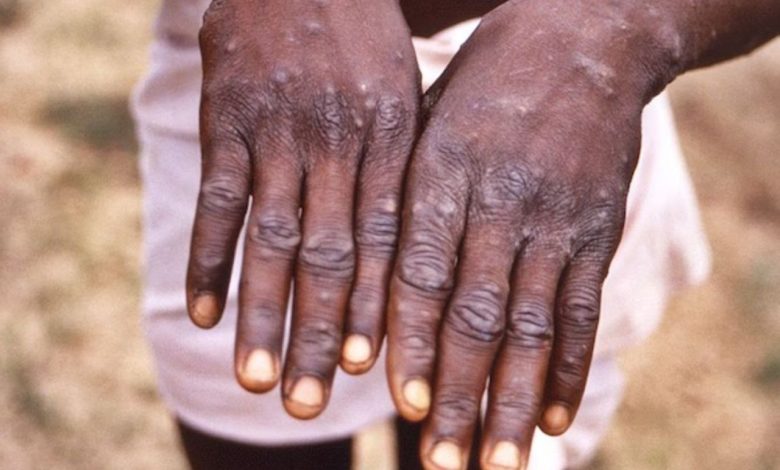WHO convenes ’emergency’ meeting over outbreak of ultra deadly Mpox strain causing ‘international concern’

To confront the global spread of a deadly type of monkeypox, the World Health Organization has convened a meeting of its Emergency Committee.
The virus has “the potential for further international spread within and outside of Africa,” according to public health officials, according to a statement made on Wednesday by WHO Director-General Dr. Tedros Adhanom Ghebreyesus.
Up to 10% of those who contract the virus die from it. This new strain of the virus was discovered in the Democratic Republic of the Congo in April and has since developed to become even more contagious and lethal.
As a result of its current international expansion, the WHO has requested advice from public health specialists regarding “whether the outbreak represents a public health emergency of international concern.”
There is a greater chance that the new mpox strain will eventually spread outside of the Democratic Republic of the Congo due to the country’s dense population and frequent cross-border travel.
As per the WHO, the virus has now’spread to previously uninfected provinces.’
At least fifty cases of Mpox have been reported in the last month in four different nations that border the DRC but have never before seen the virus.
Burundi, Kenya, Rwanda, and Uganda are among them.
Similar to the previous Mpox outbreak, men who have intercourse with other men and those who have several sexual partners, such as sex workers, are the main targets of the current strain.
The director general continued, saying that in order to “understand and address the drivers of these outbreaks,” the WHO is collaborating with non-governmental organizations, the governments of the afflicted nations, and the CDC of Africa.
Putting communities at the core of a holistic response is necessary to stop transmission, he stressed.
Dr. Adhanom Ghebreyesus stated that as part of WHO’s regional response, the organization does not advise travel restrictions on impacted nations and is asking the US for $15 million to help response, preparation, and surveillance efforts.
In 2022, mumps killed hundreds of people, including 58 Americans, and spread to over 100 countries, causing an international epidemic.
The relatively benign clade 2 strain, which rarely causes death, was the source of that outbreak.
Unfortunately, the DRC has been fighting to suppress ‘clade 1a,’ a more deadly strain of the virus that may kill up to 10% of infected people, for more than a year.
Dubbed ‘clad 1b,’ the latest mutant strain seems to be equally lethal.
In Kenya, Rwanda, and Uganda, Clad 1b has been verified, and the virus found in Burundi is currently undergoing analysis.
In a news briefing, Dr. Adhanom Ghebreyesus stated that since the beginning of the year, the DRC has been “experiencing a severe outbreak of Mpox,” with over 14,000 cases of the virus reported.
The number of deaths is at least 511.
Although there have been Mpox outbreaks in the Democratic Republic of the Congo for many years, according to Dr. Adhanom Ghebreyesus, the number of cases has increased in 2024, with more cases reported in the first half of the year than in all of 2023.
In addition to working with humanitarian organizations to gain access to and distribute vaccines to affected areas, the WHO is contributing $1 million to strengthen its response to the outbreak.
The WHO has approved two vaccinations to protect against mpox infection.
Within four days of coming into touch with someone who has the virus, or up to 14 days if there are no symptoms, the organization advises being vaccinated.
It is recommended that males who have sex with men and healthcare workers get vaccinated against Mumps even if they have never been exposed to the virus.
The rash, skin lesions, fever, headache, back discomfort, muscle aches, and swollen lymph nodes are among the signs and symptoms of mpox.
It is transferred via bodily contact, such as kissing or intercourse, by cooking animals, by infected items, and by pregnant women who may infect a fetus.
While there isn’t a known cure for mpox, medical professionals try to manage discomfort and treat the illness’s symptoms.
Severe episodes of measles can be fatal.




